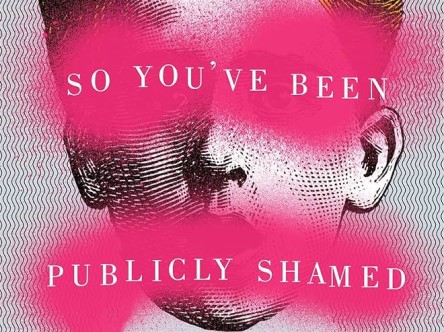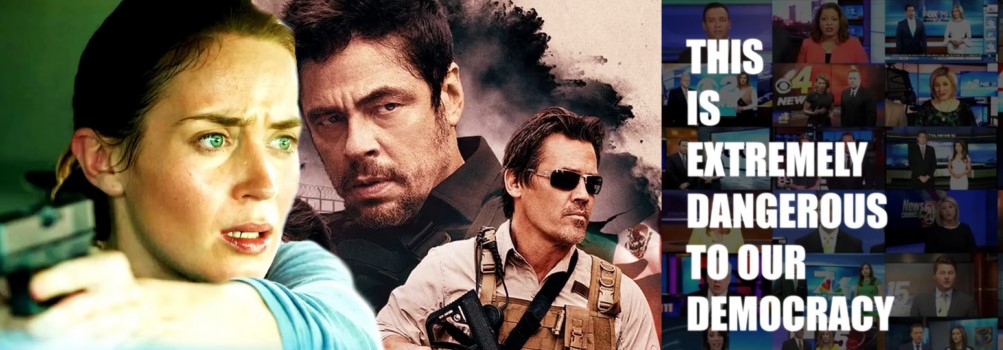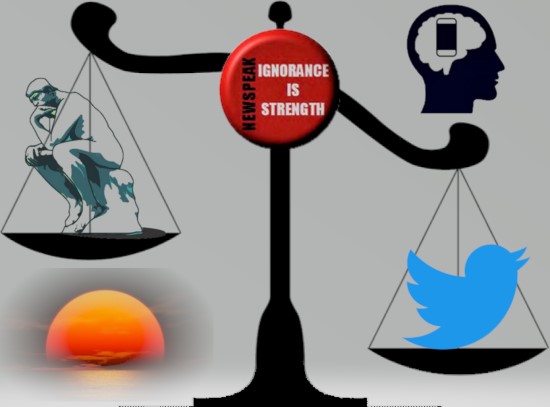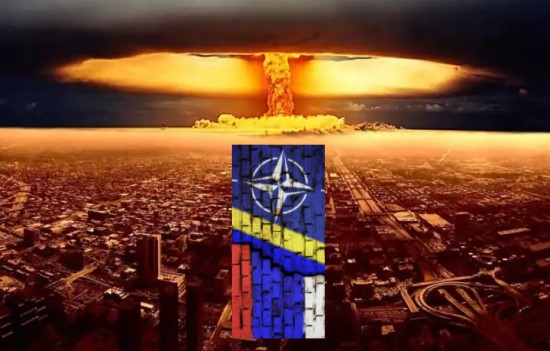So You’ve Been Publicly Shamed: A Micro Book Review
The book So You’ve Been Publicly Shamed by Jon Ronson (2015) is a seminal examination of the modern form of public shaming – namely, online shaming – which been made increasingly prominent by the expansion and intensification of social media culture.
Although the text is a little lightweight for my preferences, the writing is effective and revealing of its topic. Ronson’s documentary style approach that blends some philosophy into investigative interview is quite fitting here, particularly in introducing the world of online shaming. Shamed seems especially valuable in that it appears to be the first popular work to explore and assess the nature of online shaming in its social and personal effects.
Since the book is based on a broad variety of personal insights that are revealing of human nature and cultural conditions, I imagine that most would find interest in its content even if not particularly engaged with social media (ironically, it so happened that I only signed up to Twitter 𝕏 a few months after having read this book).
On the Book Notes
The notes featured in this post are composed from my extracted highlights of the book and consist largely of my paraphrases of the original text. However, I have also altered, elaborated, and added to Ronson’s details and points to represent what I considered to be the essential significance of each passage. Thus, instead of creating a notes summary of the book I’ve compiled its most substantial information such to enhance the reception of its significance.
Continue reading “So You’ve Been Publicly Shamed, by Jon Ronson – Notes & Themes + Related Media”













